Benefits of Working Out in a Fasted State
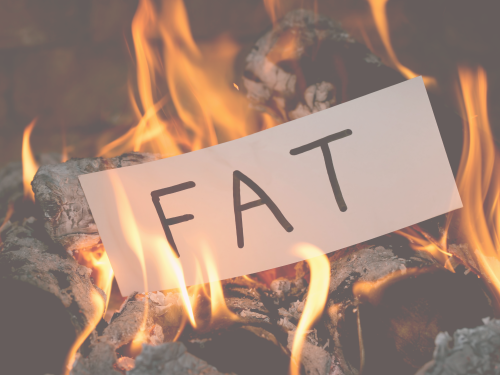
Exercising in a fasted state isn’t just about burning fat—it comes with a range of other benefits that can enhance your fitness and overall health.
1. Increased Fat Burning
When you exercise without eating, your body taps into its fat reserves for energy. Studies have shown that fasted workouts can increase fat oxidation, making them an effective tool for weight management and fat loss.
2. Elevated Growth Hormone Levels
Fasted workouts can lead to a natural increase in growth hormone levels. Growth hormone plays a crucial role in muscle repair, fat metabolism, and overall physical performance. Athletes often leverage this hormonal boost to enhance their results.
3. Improved Insulin Sensitivity
Fasting before a workout can improve your body’s insulin sensitivity, which helps regulate blood sugar levels and supports long-term metabolic health.
4. Enhanced Mental Clarity
Many people report feeling sharper and more focused during fasted workouts. This is likely due to the steady release of glucose from fat stores, which provides a consistent energy source for both the body and brain.
5. Convenience
Skipping a pre-workout meal simplifies your routine and saves time. Plus, you don’t have to worry about feeling bloated or sluggish from eating right before exercising.
When Should You Eat Before a Workout?

While fasted workouts can be beneficial, they’re not for everyone or every type of workout. Here are some scenarios where eating before exercise may be more appropriate:
- High-Intensity or Long-Duration Workouts: Activities like marathon running or intense weightlifting sessions may require additional energy from glycogen stores, especially if you haven’t eaten for an extended period.
- Low Blood Sugar Levels: If you feel lightheaded, weak, or shaky, you may need a small snack to stabilize your blood sugar before exercising.
- Specific Fitness Goals: Athletes focused on building muscle mass may benefit from consuming protein before their workouts to promote muscle protein synthesis.
What to Eat Before a Workout
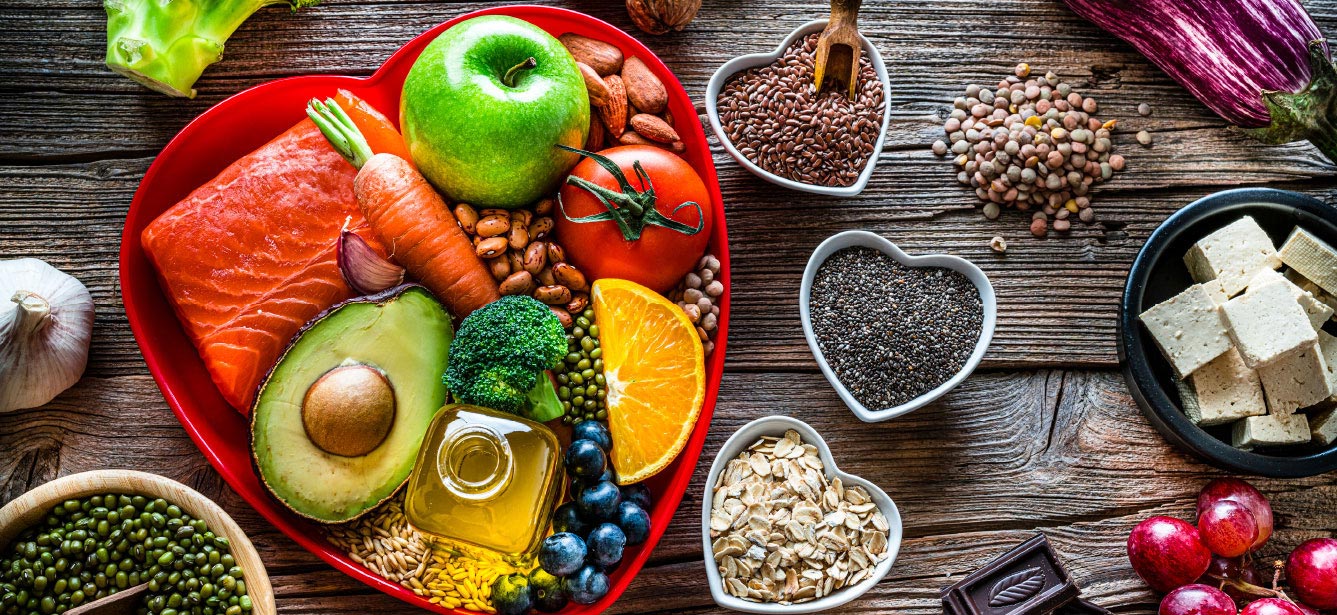
If you decide to eat before exercising, aim for a small, balanced snack that provides energy without weighing you down. Examples include:
- A banana with a small handful of nuts
- Greek yogurt with berries
- A slice of whole-grain toast with almond butter
These options provide a mix of carbohydrates for quick energy and protein or healthy fats to sustain you through your workout.
Who Benefits Most from Fasted Workouts?
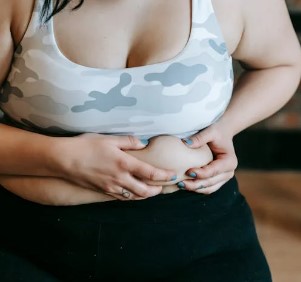
Fasted workouts are especially beneficial for individuals who:
- Want to Burn Fat: If weight loss or fat reduction is your goal, fasted workouts can help you achieve it more efficiently.
- Prefer Morning Workouts: Exercising first thing in the morning, before eating, allows you to take advantage of an overnight fast.
- Struggle with Digestive Issues: If eating before exercise makes you feel bloated or uncomfortable, working out on an empty stomach might be a better option. Consult your physician about this idea if you have digestive issues.
How to Ease Into Fasted Workouts

If you’re new to exercising in a fasted state, start gradually to see how your body responds.
- Begin with Low-Intensity Workouts: Start with light activities like walking, yoga, or low-intensity cycling.
- Stay Hydrated: Drink plenty of water before, during, and after your workout to stay hydrated.
- Listen to Your Body: If you feel dizzy or weak, consider having a small snack before your next workout.
The Role of Post-Workout Nutrition – The 2’s P and 1 C

Whether you exercise in a fasted state or not, what you eat after your workout is just as important. Post-workout nutrition helps your body recover, rebuild muscle, and replenish energy stores.
Focus on a meal or snack that includes:
- Protein: To repair and build muscle
- Carbohydrates: Focus on carbs that have fiber.
- Healthy Fats: To support overall recovery
Examples of post-workout meals include:
- A smoothie with protein powder, spinach, and a banana
- Grilled chicken with sweet potatoes and steamed vegetables
- Hard-boiled eggs with avocado and whole-grain toast
Final Thoughts

So, do you need to eat before you work out? The answer depends on your individual goals, the type of exercise you’re doing, and how your body responds to fasting. For many people, working out in a fasted state can help burn fat, improve insulin sensitivity, and boost growth hormone levels, all while simplifying your routine.
If you’re looking to optimize your workouts and overall health, consider experimenting with fasted exercise. And if you’re curious about how intermittent fasting can complement your fitness routine, check out my blog: How Intermittent Fasting Helps You Lose Weight: A Complete Guide.
Remember, the key is to find what works best for you. Listen to your body, stay consistent, and enjoy the journey toward better health and fitness!
Spread the Word: Let’s Empower Our Community

As you continue reading upcoming articles, I encourage you to share this website with friends, family, and colleagues in our community who could benefit from these insights. By spreading the word, you help build a supportive network dedicated to uplifting the health and well-being of our community.
Visit my website to explore more articles and resources designed to offer practical advice for improving health. Your support helps create a space where we can unite in pursuing better health, self-care, and a stronger community.
Want to stay updated on the latest health topics, tips, and upcoming blogs? Subscribe to my email list and never miss out on valuable insights that can help you and your loved ones on your wellness journey.
Together, let’s uplift one another. Share and explore the available resources, subscribe for updates, and join me in the journey toward a healthier, more empowered community.
Your Thoughts Matter
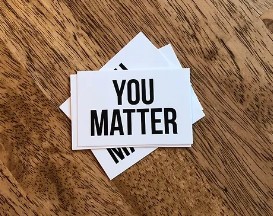
Thank you for taking the time to read this blog. I hope it resonated with you and provided meaningful insights into the health challenges many in our community face. I’d love to hear your thoughts—what obstacles do you encounter, and what strategies have helped you? If there’s a particular aspect of health or wellness you’d like me to explore in future posts, please share your ideas. Your feedback is invaluable and helps me focus on what matters most to you. Let’s keep this conversation going and support one another on the path to better health!
Who is Arnold Brown?

Raised in Louisiana, Arnold Brown graduated from Louisiana State University with a bachelor’s degree majoring in Spanish and minoring in Mandarin Chinese. Upon graduation, Arnold accepted the opportunity to live for two years in China, where he taught English as a Second Language at the University of Ningxia. Being the only African American male in the city where he lived, Arnold describes his experience as absolutely life-changing. Arnold speaks 4 languages fluently, English, Spanish, Portuguese, and Mandarin Chinese. Arnold currently teaches Spanish classes online, tutors, and also has very own self-paced Spanish learning online program. If you would like to learn more about Arnold’s background, click here.
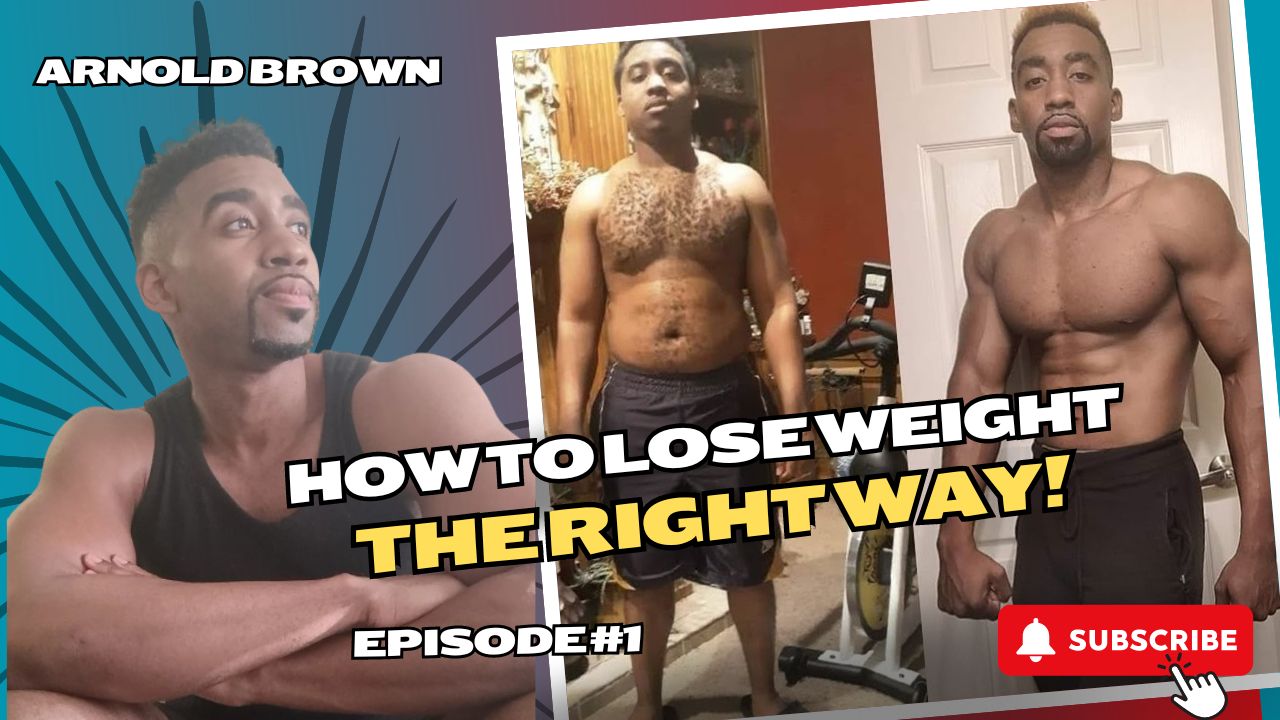
Having undergone a profound transformation in 2020, Arnold also discovered a deep passion for health and wellness, and now dedicates himself to teaching the same principles that transformed my life, especially within the community. As a certified personal trainer, nutritionist, bodybuilding specialist, and youth fitness instructor, learn how Arnold lost 63 lbs in 18 weeks by reading his story here.












